Big in 2020: Kentucky Route Zero closes out an adventure seven years in the making
Exploring 20 games that will define the conversation in 2020, leading us out of this generation and into the next
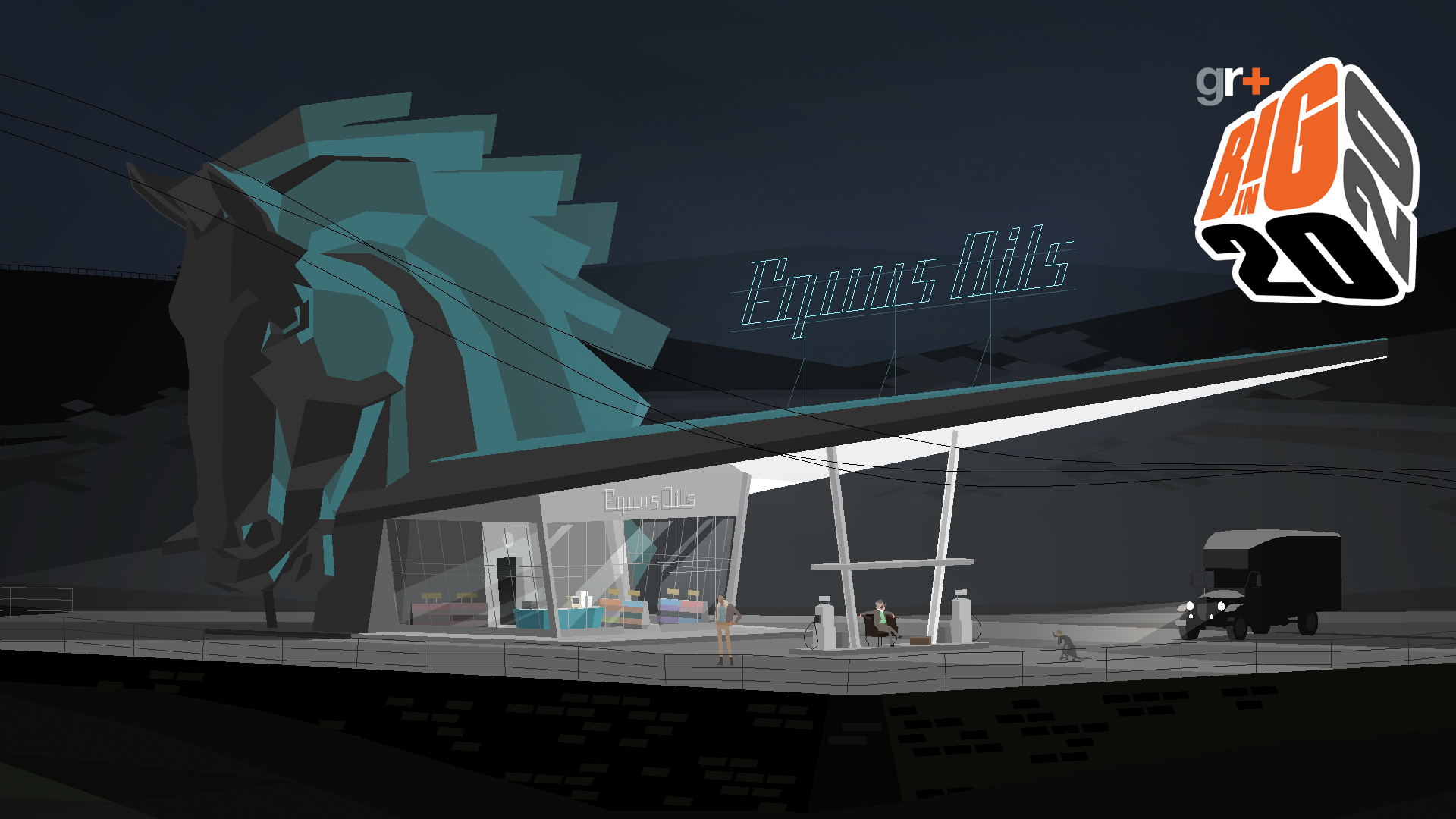
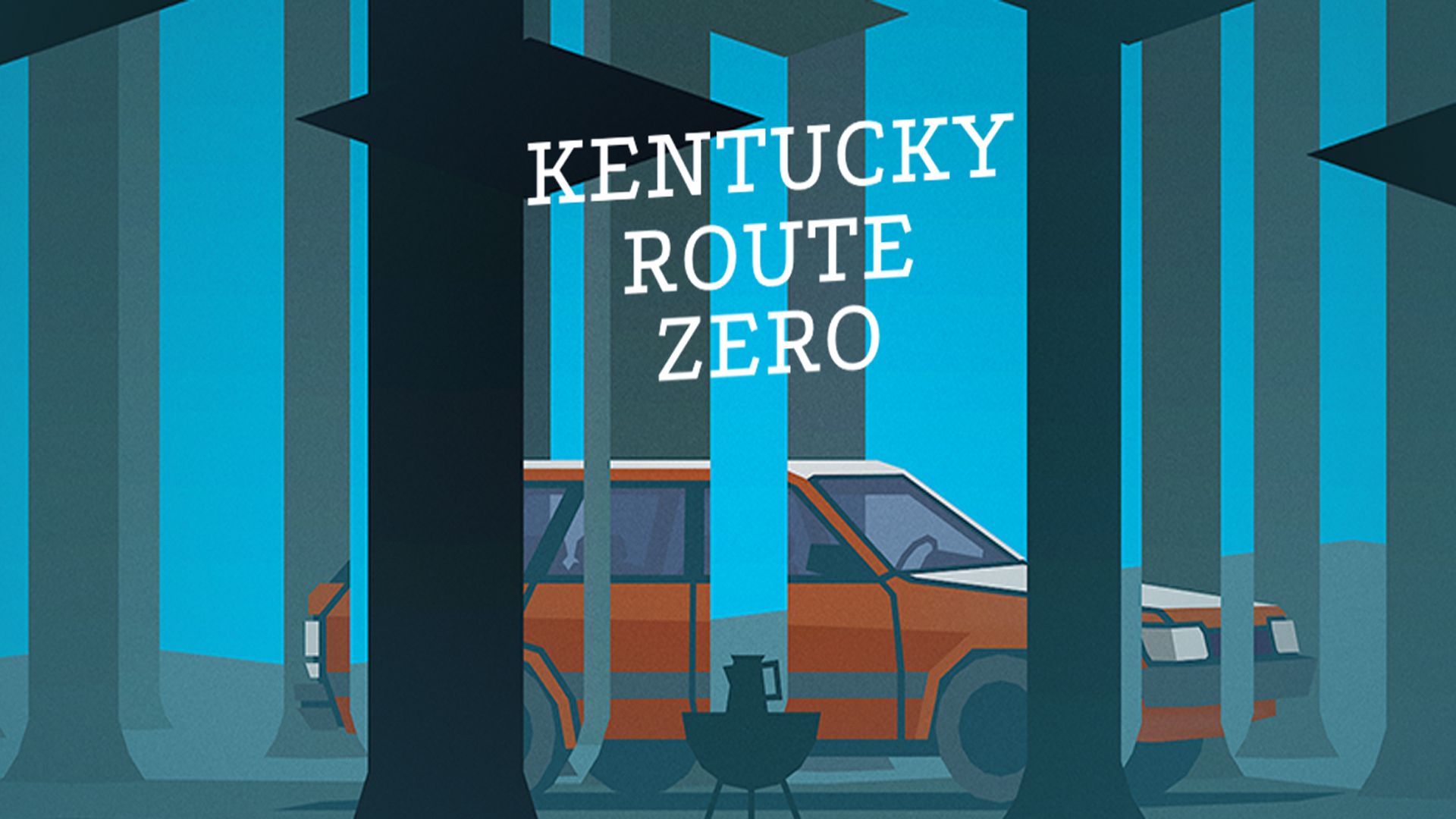
Game Kentucky Route Zero
Developer Cardboard Computer
Publisher Annapurna Interactive
Platforms PS4, Switch, Xbox One
Release January 28, 2020
It is a testament to how special Kentucky Route Zero is that, as we near the release of its fifth and final act on January 28, people still care so deeply about it. It's first act released seven years ago in January of 2013, kicking off a sputtering, sporadic release schedule: a four month wait for the second act, a one year wait for the third, a two year wait for the second, a three and a half year wait for the conclusion. This would have killed a lesser game. But not Kentucky Route Zero.
"I think we all feel really lucky that it's caught on for so many people and so many people can relate to it and have felt passionately enough about it to stick with us all these years as we kind of limped to the finish line to try and wrap it all up," Cardboard Computer's Jake Elliott reflects.

Final destination
Every time the team has retreated into isolation, insisting that the game will take as long as it takes, we've all been content to wait, knowing they will deliver. "We can take a little time between them to kind of re-centre ourselves and let each episode grow into the scale that they need to be," Elliot says. In the longer gaps, we've forgotten about it entirely. Then, with little fuss or fanfare, a new act would appear, kickstarting a flurry of excitement as we all try to digest and comprehend the surprises, ideas and powerful emotional resonances that each piece of this narrative puzzle has delivered. This year, with the story brought to a conclusion and the piece as a whole ready to be dissected as a complete work, we'll have plenty to reflect on.
But let's rewind a bit. Part of the reason we're looking forward to the release of Act V of Kentucky Route Zero on January 28 (for PC) is that this will coincide with the release of TV Edition of the game, bringing the complete series to PS4, Xbox One and Switch and, therefore, a whole new audience. You may well be one of those people who has heard the tone of reverence with which Kentucky Route Zero is discussed, but are none the wiser about exactly what this thing is. Allow us to help.
The game kicks off with an antiques delivery driver named Conway arriving at a petrol station. He has one last delivery to make and he's got to get to Dogwood Drive to make it. To do so, you must help Conway find the mysterious highway known as Route Zero. What follows is a surreal, magical realist journey through abandoned mines, brutalist bureaucracies, computer-infused caves, and dive bars via roadways, interstitial non-places and riverboat trips.
On the way, a group of lost souls gather, among them, a struggling TV repairwoman named Shannon and a young boy named Ezra. In the ongoing search for Dogwood Drive, there's a sense that they are – each lost, incomplete and troubled in their own way – all searching for something else. We grasp for meaning with them.
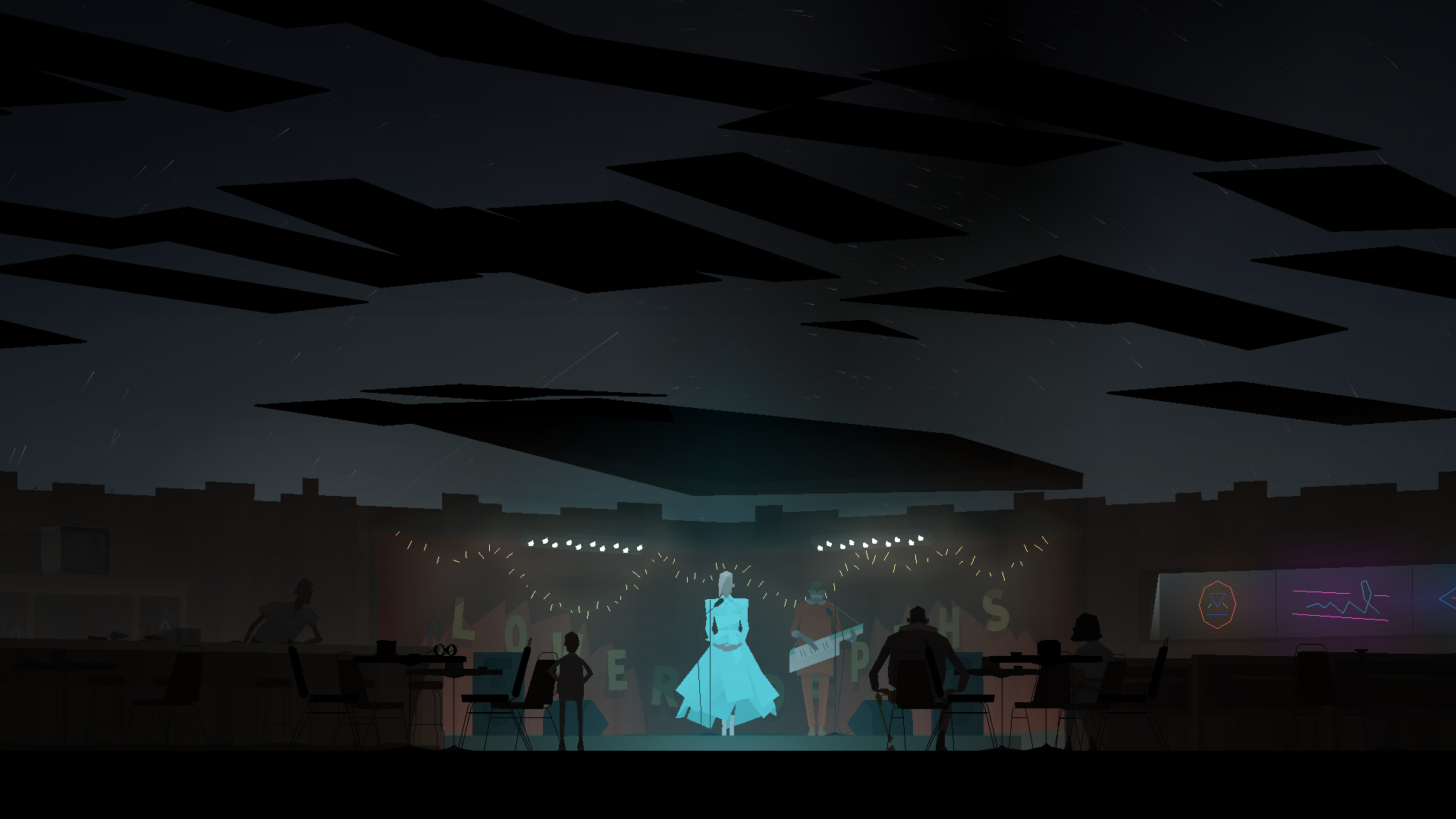
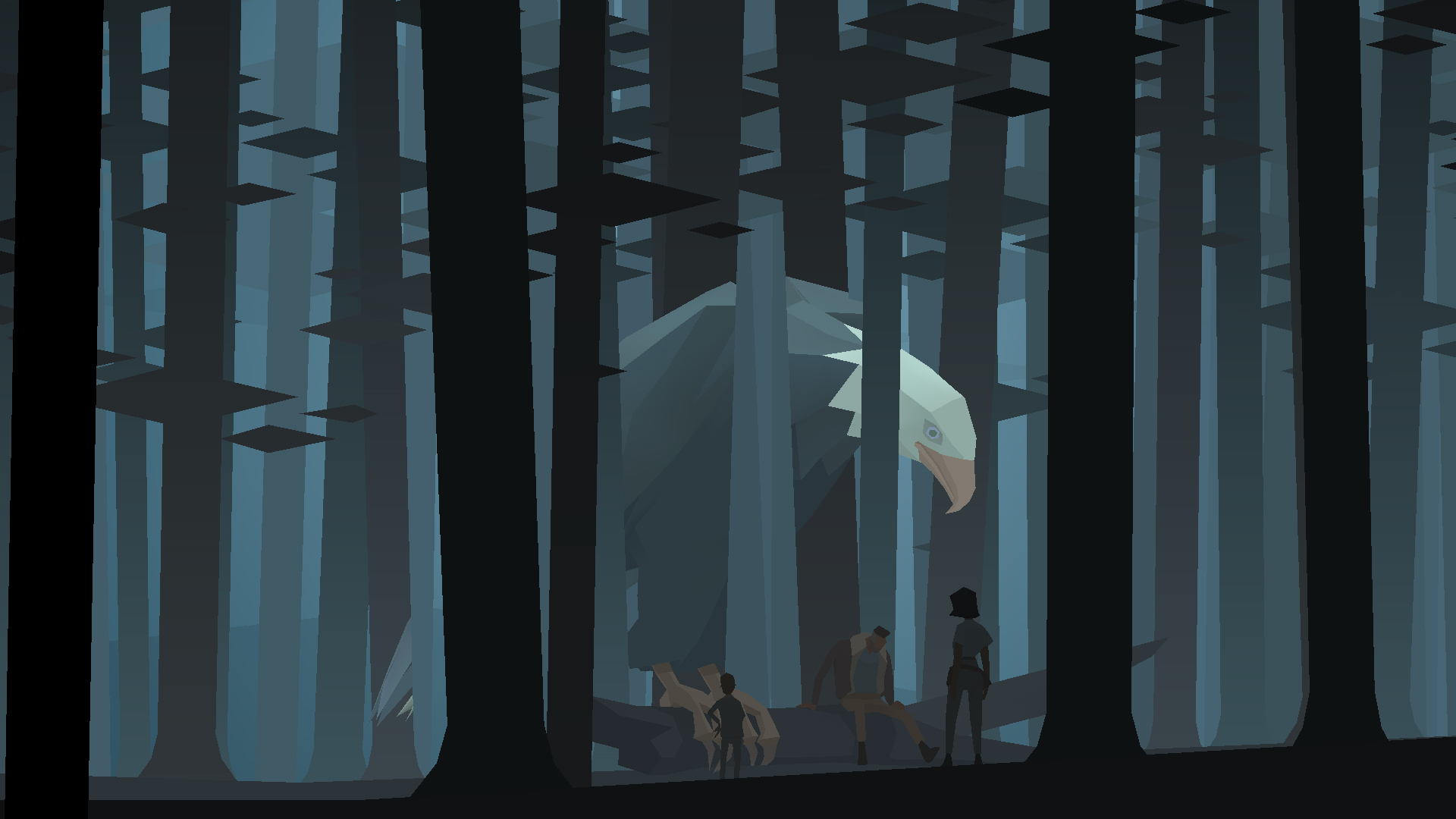
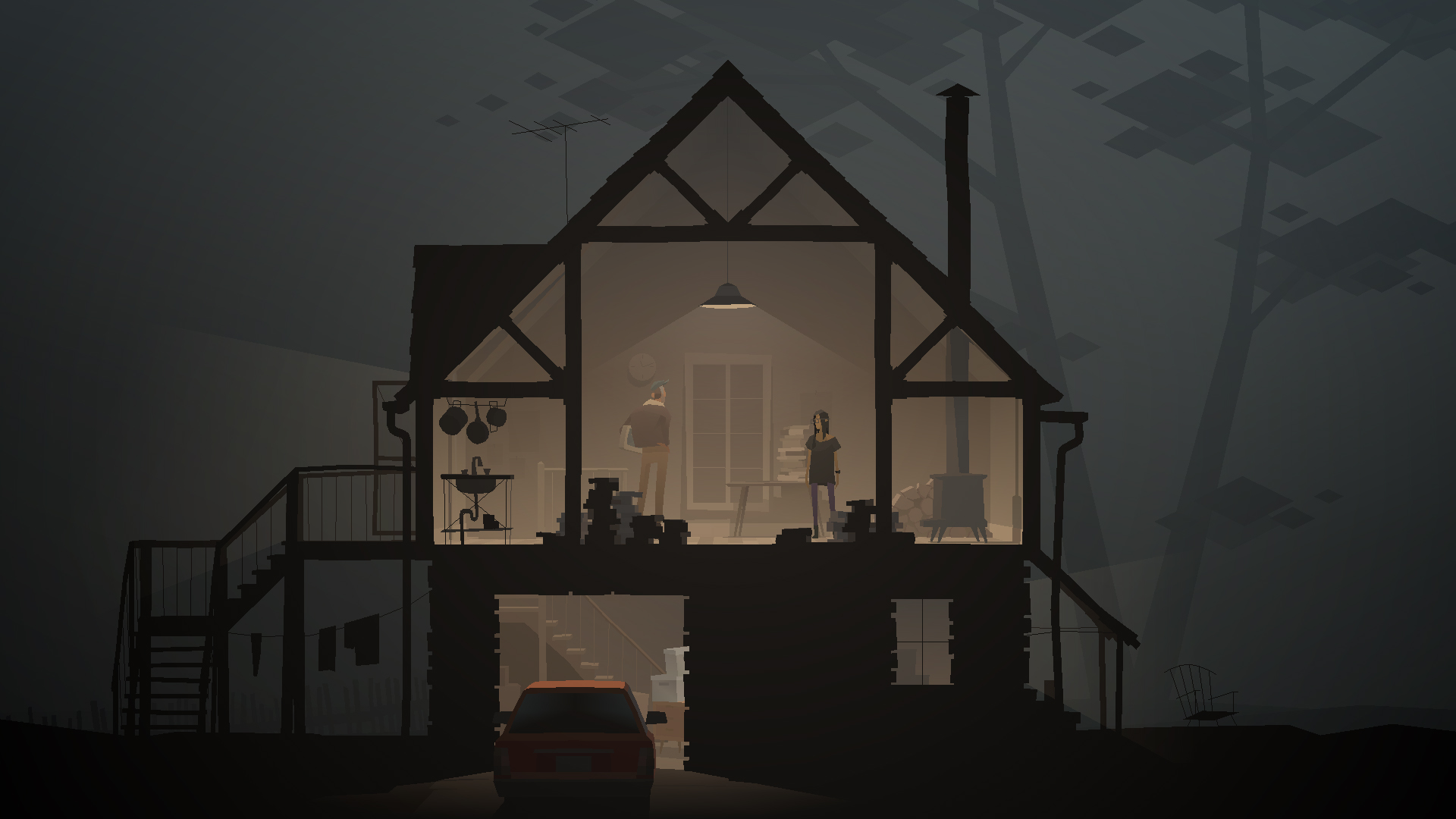
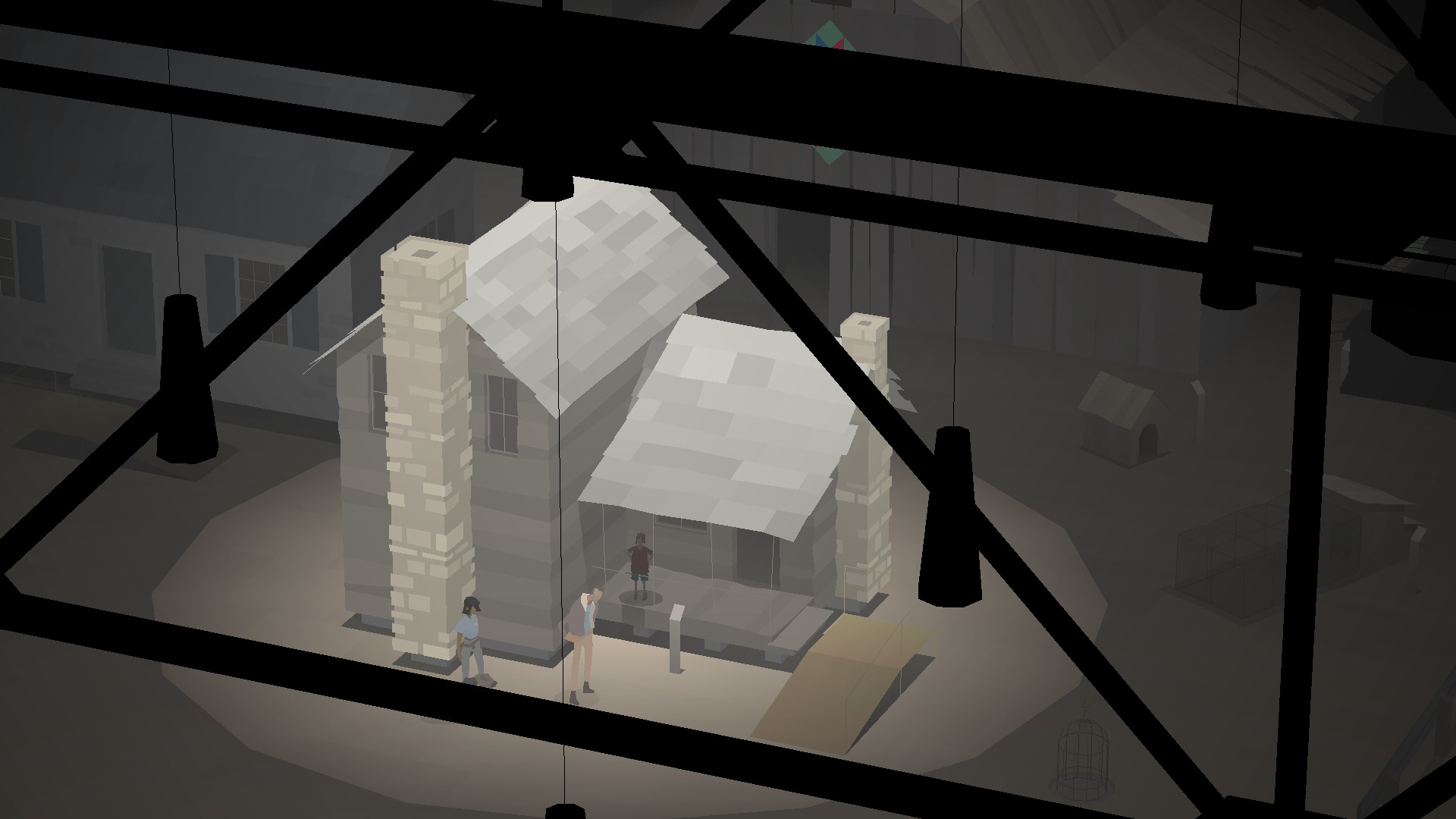
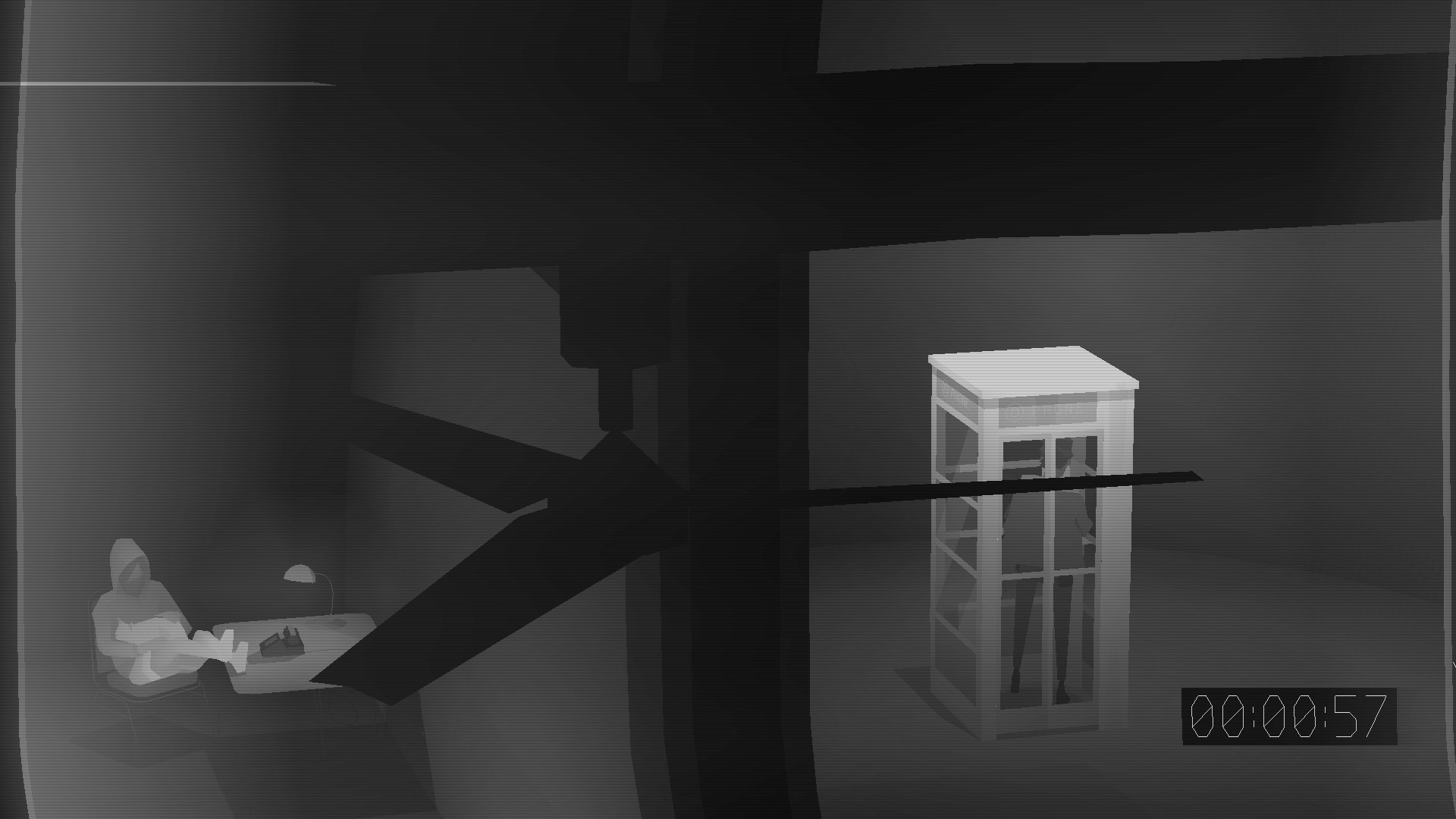
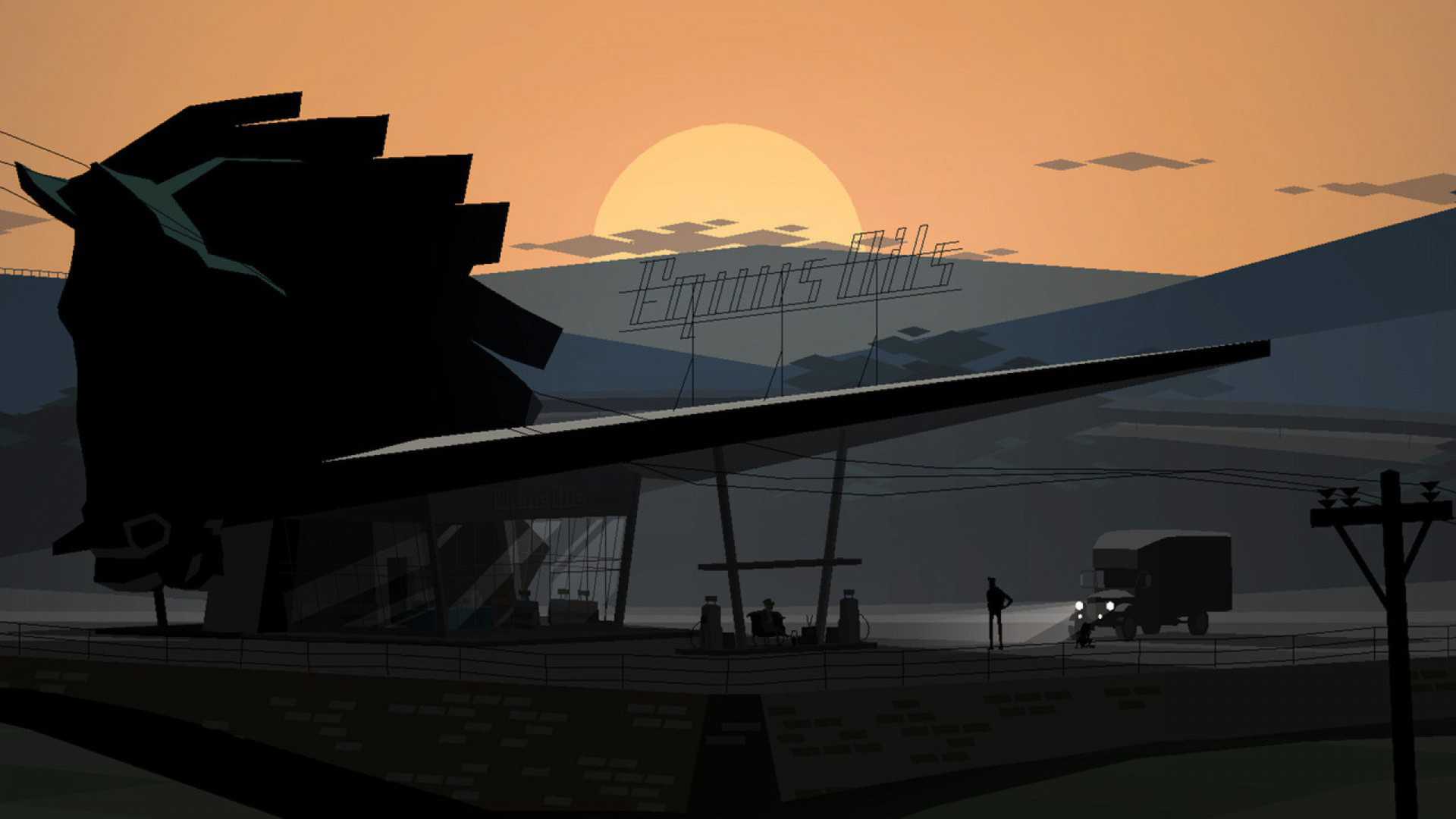
"We all feel really lucky that it's caught on and that so many people can relate to it"
Jake Elliott, co-creator
Provisionally then, this is a point and click. But there are no puzzles. There are choices to make, but not always in the sense we are accustomed to. Choices often feel like they are about how you as the player interpret something, or even which lines have the most aesthetic appeal or thematic resonance, placing you in the role of co-author, rather than making a decision while embodied in the role of a character. It is a fascinating approach to storytelling in games.
Weekly digests, tales from the communities you love, and more
Indeed, we have the advantage of knowing that this game will be one of the most talked about of 2020, because we've seen the attempts to pick its approach apart before. Every new episode has sparked discussion on some intriguing element of the game: aesthetic style, representation of space, its haunting melancholy, the beautiful musical set-pieces, spirituality, narrative experimentation, architectural influences, theatrical inspirations, and the list goes on.
This is a game that is just opaque enough to allow us to draw all of these things out of its narrative, thematic and aesthetic richness without collapsing into being meaninglessly vague. As many interpretations as it supports, it is impossible to deny its commitment to exploring the tragedy of economic precarity, for example. This is a reflection of how thoughtfully constructed Kentucky Route Zero is and explains just why it has taken so long to get to this point.
We can't wait to have those discussions again and to see how its conclusion might shed light on all the bits and pieces we've been pulling out and talking about over the course of these last seven years. The team at Cardboard Computer has been flexible, but has always known where they wanted to go, which gives us hope for a satisfying ending. "We keep the outline that we have pretty open ended," Tamas Kemenczy tells us. However, he says, "the outline, from the beginning, had a specific end".

GamesRadar+ is tracking the 20 biggest games that will define 2020. For more, click through to our Big in 2020 coverage hub.
Paul Walker-Emig was once a video games journalist, before he moved into PR. During his freelance career, Paul wrote for GamesRadar, The Guardian, Retro Gamer, Wireframe, Kotaku, VICE, VG247, OXM, and more. He runs the Utopian Horizons podcast, which covers a different utopia, dystopia, utopian thinker, or movement each episode. He also runs the podcast getObject, which is a video game website and podcast based around collectible items.


